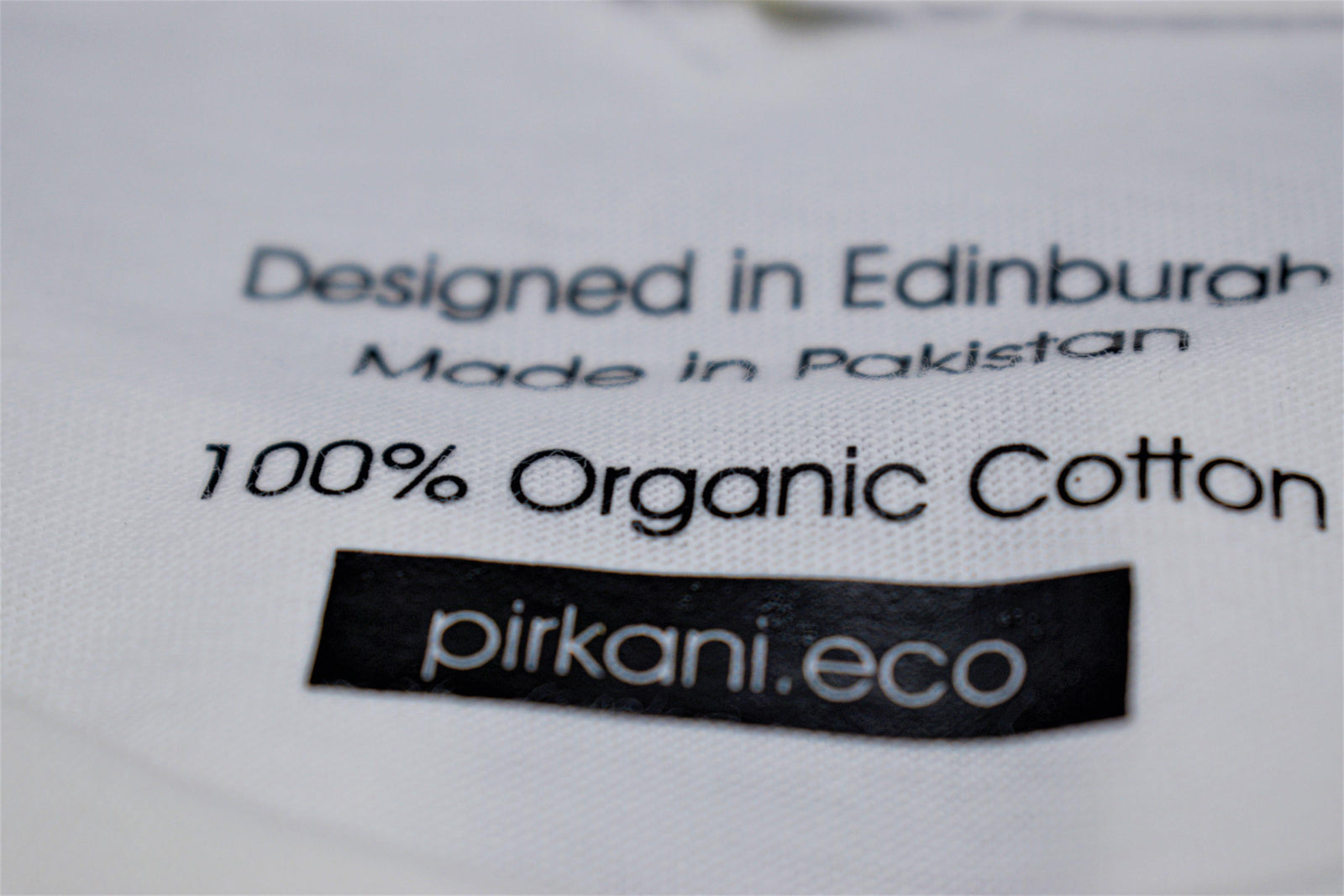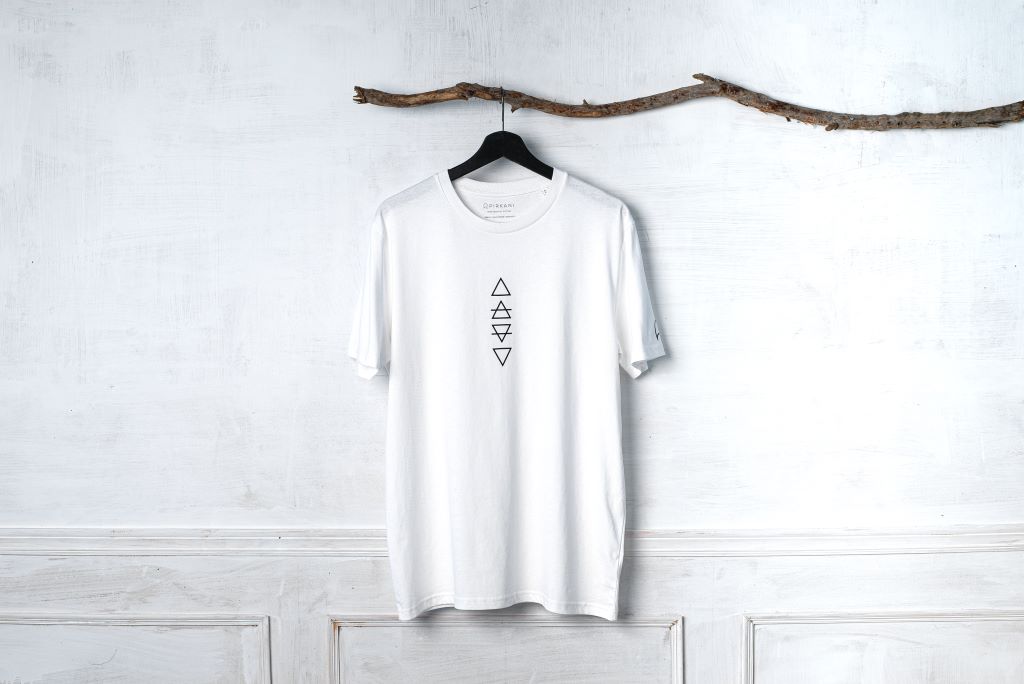Time to Upgrade Your Wardrobe? Go Green with Sustainable Fashion and Conscious Clothing

Did you know what we choose to wear impacts the environment, the fragile ecosystem, and life on the planet? The World Bank reports that humankind has nearly doubled its apparel production in the past 20 years. The fashion industry now contributes more carbon to the ecosystem than aviation and shipping combined.
It is no secret that fashion companies have been downright irresponsible when using natural resources in apparel production. While only 20% of clothing is recycled or reused, vast amounts end up as waste in landfills, causing unalterable damage to the ecosystem.
The BBC reports that the fashion industry alone accounts for 10% of greenhouse gas emissions from human activity and a massive 20% in wastewater pollution.
Fashion should be circular rather than linear, where both providers and consumers can reuse and recycle to cause minimum damage to the environment. Recent trends have shown that consumers are now becoming more mindful about their clothing and considering sustainability and ethicality as core values in their apparel of choice. Going green and carbon-negative has become essential to protect the ecosystem.
Fashion brands are persistently making changes to all the stages of a product's life cycle and supply chain, including cultivation, design, material production, manufacturing, transport, storage, marketing, and distribution.
If you are looking to upgrade your wardrobe this year, why not consider going green with sustainable and ethically sourced fashion options? Here are some factors to consider when choosing a conscious clothing option:
1. Health Effects
Fast fashion apparel is mainly composed of non-biodegradable synthetic fabrics like acrylic, nylon, and polyester, derived from toxic fossil fuels and undergo extensive chemical processes during production. Furthermore, harmful chemicals, including dyes, bleach, and formaldehyde, are used during the finishing phase to enhance the look and feel of apparels.
These chemicals are carcinogens and pose a real danger to our health, as our skin absorbs from anything put on it, especially over a prolonged time. Overconsumption and exposure to these chemicals can cause a range of illnesses from skin rashes and headaches to breathing difficulties and even seizures in extreme cases.
On the other hand, sustainable apparel is produced from organic, chemical-free, and biodegradable fabrics such as organic cotton, linen, hemp, lyocell, bamboo, wool, cashmere, etc., which do not have adverse effects on human health.
2. Higher-Quality Products
Sustainable clothing is synonymous with high quality and superior production. Ecofriendly fabrics are stronger and durable and will last you 3-4 times longer than their non-sustainable fast fashion counterparts.
So, you will not have to continuously buy new clothing to replace your investments, which will save you time, money, and frustration in the long run.
3. Pollution and Emission Reduction
Sustainable clothing companies commit themselves to sustainable production and supply chains by being chemical-free, using lesser water and other natural resources, renewable energy, recycled fabrics, and materials to leave a minimum or even negative carbon footprint. Along with eco-friendly products, the use of renewable materials in sustainable clothing keeps the environment green.
4. Satisfaction for Supporting the Planet
Sustainable clothing leads to less strain on the planet's resources by using sustainable and renewable materials. These materials require little to no water during the production phase thereby, reducing the overall water consumption.
We know we are all in this together, which is why investing in sustainable apparel will provide you with instant gratification that you cannot shake. You will want to tell everyone about what you are doing to leave the planet in a better condition than you found it.
5. Animal rights not violated
Clothes made of fresh leather or fur require animal killing or exploitation. In contrast, sustainable fashion brands have started using alternatives, such as fabric made with trash from the oceans, bags created from recycled belts, plant-based sneakers, silk produced from yeast, leather alternatives from pineapple leaves. Recycled leather apparel is gaining popularity which skips sourcing from animal killing.
Look out for recycled leather jackets and other clothing pieces produced from carefully selected and ethically sourced recycled and reused leather in the Pirkani collection.
6. Fair working conditions
Ethical fashion brands are strong advocates of providing humane working conditions, health care and fair wages for their workers. They practice Fair Trade and give well-deserved wages to every individual involved in their product's lifecycle, including farmers and factory workers. These elements support those third-world workers' who make what we wear.
Pirkani Apparel adapts a distinct business model that ensures that every individual in its products' supply chain receives their due share before delivery is accepted.






Leave a comment